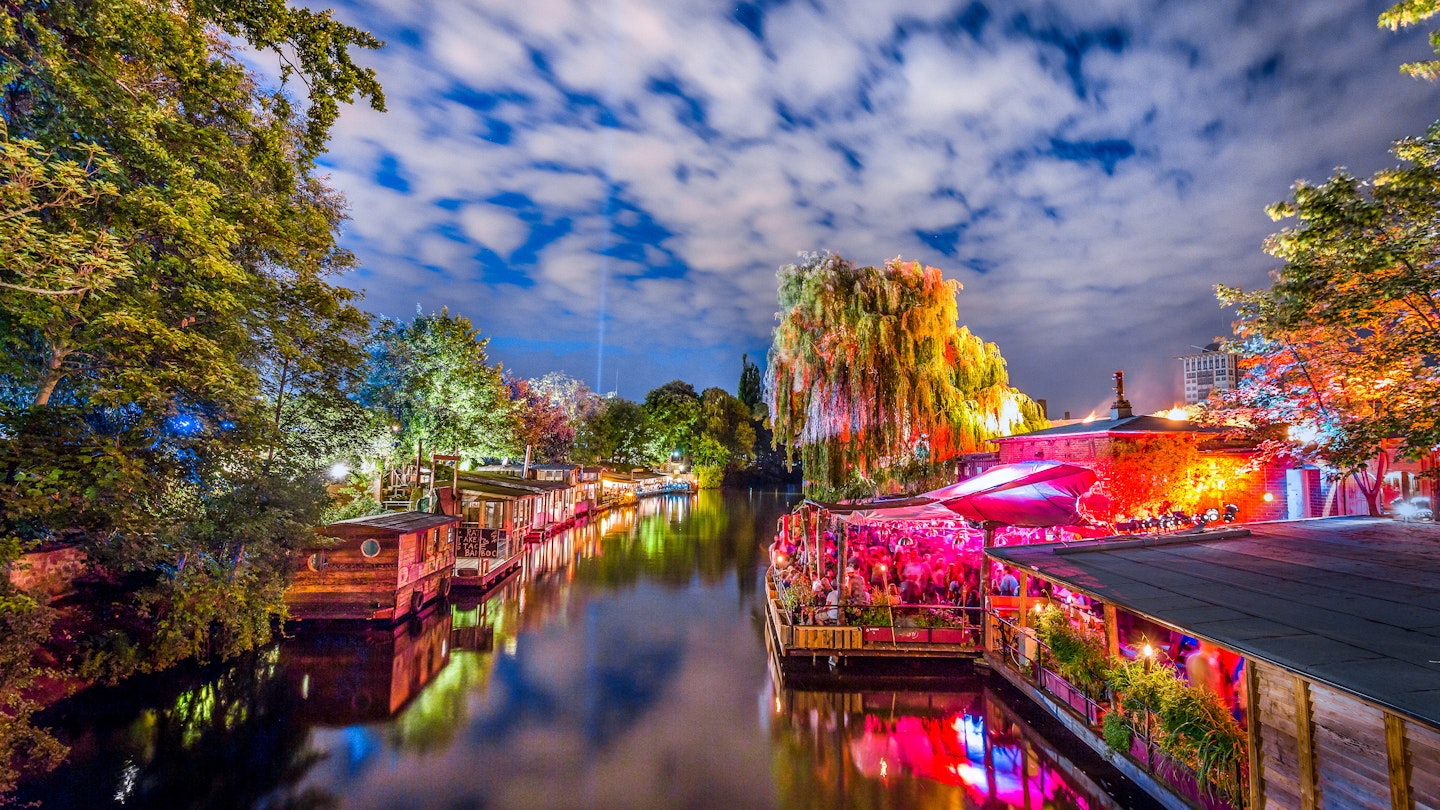
Jul 30, 2020 • 2 min read
May 17, 2021 • 2 min read

Berlin is a key destination for music fans around the globe © canadastock/Shutterstock
{
"url": "german-clubs-cultural-institutions",
"destination": "Germany",
"continent": "Europe",
"country": "Germany"
}As a recommendation to change the status of nightclubs and live music venues gathers momentum, Germany seems to be on track to acquire a swathe of new cultural institutions. This means that music clubs with a focus on artists, young talent and program curation would be placed in the same bracket as theaters, operas, museums and concert halls.
Confirming its agreement that "clubs are culture," the German Bundestag (federal parliament) has now passed a resolution requesting that the country's government recognizes music clubs and live venues under building law as facilities for cultural purposes. Berlin clubs, in particular, are a huge draw for travelers, and the sheer volume and variety of locations throughout the city has made it a key destination for music fans around the globe.
{
"url": "german-clubs-cultural-institutions",
"destination": "Germany",
"continent": "Europe",
"country": "Germany"
}
The change in legal status from "entertainment venues" to "cultural institutions" will protect certain clubs from gentrification, and means they will be permitted to open in more rural regions of the country. In confirming the cultural status of music clubs and live music venues, the Bundestag says it is confirming and honoring "the achievements of the operators, artists, employees and freelancers." They will also receive tax breaks. Noise protection solutions will be implemented to help to resolve conflicts of use between the clubs and approaching developments.
According to Live Musik Kommission, club culture is of great cultural and economic value to Germany. "The clubs are entrepreneurially, culturally, socially and architecturally unique open spaces that invite you to experiment, meet and experience" it says. "At the same time, they are an important part of the cultural and creative industries with around 50,000 employees and freelancers with an annual turnover of around €1.1bn ($1.1bn)."
{
"url": "german-clubs-cultural-institutions",
"destination": "Germany",
"continent": "Europe",
"country": "Germany"
}Further information can be found on Live Musik Kommission's website here.
You might also like:
A guide to Berlin clubs: organised hedonism
The best Lonely Planet Spotify playlists for travellers pining for the road
How to do Berlin on a budget
{
"url": "german-clubs-cultural-institutions",
"destination": "Germany",
"continent": "Europe",
"country": "Germany"
}

Jul 30, 2020 • 2 min read

Nov 6, 2024 • 7 min read







May 23, 2023 • 4 min read